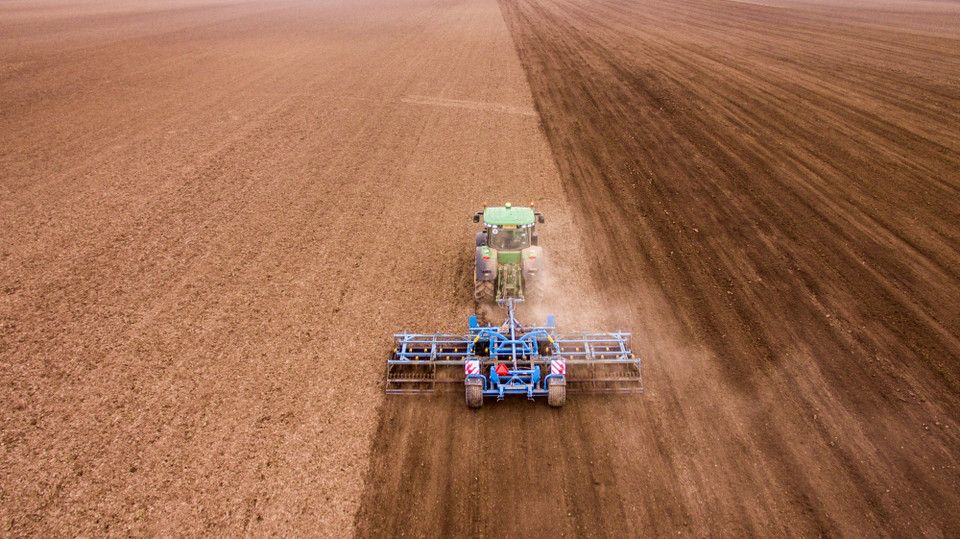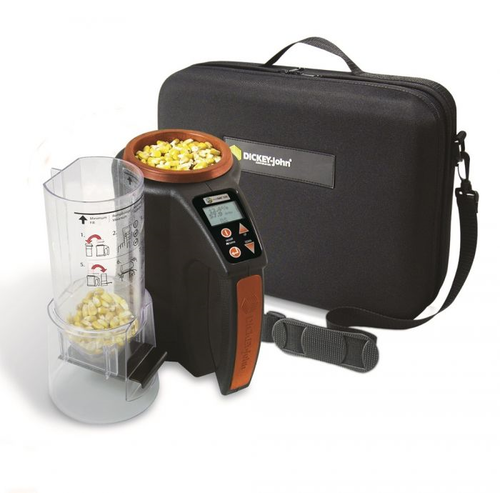Most Important Grain Equipment For Farmers
Every year, farmers in the United States earn more than the entire country of India.
However, as you already know, farming can be difficult because there are a number of things that can come against you and quickly prevent you from having a successful growing season.
We put together this guide to provide you with a list of the most important grain equipment that every farmer needs no matter how long they've been in the agricultural business.
Keep reading to learn more about what tools you need for farming and storing grain.
Grain Gauge Bin Level Monitor
Whether you're selling grain or giving it to livestock, it's essential to know how much you have. When grain is being stored in large silos, checking the level involved climbing a ladder and looking inside from the top.
This way of determining how much grain you had on hand was both dangerous and time-consuming. For this reason, you should have grain gauge bin level monitors installed.
These devices are installed at certain heights of the grain bin and can be seen from the exterior. On the inside, there's a weight-activated sensor. The pressure of the grain causes the display to light up so you know the maximum height.
Grain levels can even be checked at night as these monitors light up bright enough to be seen even in the dark. They also don't require electricity and are easy to install yourself.
Test Weight Grain Scale
This piece of equipment is particularly important if you are farming grains. There are a few reasons why you need to know how much your grain weighs.
Knowing the weight of your grain allows you to determine:
- Total yield
- Storage capacity
- Quality of feed
- Milling quality
- Price discounts
In most cases, you'll also want to have a scale that's portable. This allows you to take it to where the grain is, whether it's still in the field, in storage bins, or in the combine.
This grain scale is just over one foot (39 centimeters) in length which makes it easy to take wherever you need it. It also allows you to take measurements in both standard and metric measurements.
Weight is provided in pounds per bushel or metric kilograms per hectoliter so you can easily get the information in the format you need. It works with a variety of grains, including barley, corn, wheat, oats, and flax.
For ranchers and livestock farmers, feeding by weight rather than quantity can help you more easily determine your overall conversion rates of grain to final animal products.
This may also help you save money by testing feed options from several different sources to determine which is giving you the highest quality of feed.
Grain Moisture Tester
If you want to be successful as a grain farmer, you need to ensure your grain is at the right moisture level. Before we get into the equipment needed to check this, let's look at the two moisture problems faced by farmers.
Moisture Too High
When there's too much moisture in your grain, it's at a higher risk of spoiling sooner since molds and bacteria love wet environments.
It also increases the overall weight of your grain which means when you take it to market, you're going to be penalized for the extra moisture. This can hurt your profits.
Moisture Too Low
On the other hand, if the moisture levels are too low, there's a risk that grains will become damaged during storage and handling. This makes the grain more susceptible to insects and certain types of mold.
Low moisture level also decreases the weight per bushel so your profits will drop for the overall yield.
Benefits of Grain Moisture Testers
To maximize your profits and ensure your grain lasts as long as it's supposed to, you need to make sure it's at the correct moisture level. This can be done with a grain moisture tester.
A grain moisture tester will let you know how much moisture is in your grain so you can decide what your best course of action will be. For example, if the moisture level is high, you'll want to focus on selling it quickly since it won't last as long.
To determine the moisture level of stored grain, it's essential to take at least three samples from different parts of the bin to get an average. With this grain tester, the memory function makes it incredibly easy to figure this out.
It also lets you see the temperature of the grain to ensure it's being maintained at the right temperature and not at risk of premature spoilage.
Livestock farmers will also benefit greatly from having a grain moisture tester on hand. This device makes it easy to see what moisture content you're feeding so you know if you need to add water or dry materials to balance this out.
Ready to Order the Most Important Grain Equipment?
Now you know the most important grain equipment. As you can see, each of these does something different to ensure your farm continues running smoothly.
If you're ready to order these but aren't sure which one to get, give us a call today. We would be more than happy to discuss all of your options for each of these pieces of equipment that you need for your farm.
 US Dollars
US Dollars
 Canadian Dollar
Canadian Dollar
 Australian Dollar
Australian Dollar
 Euro
Euro


